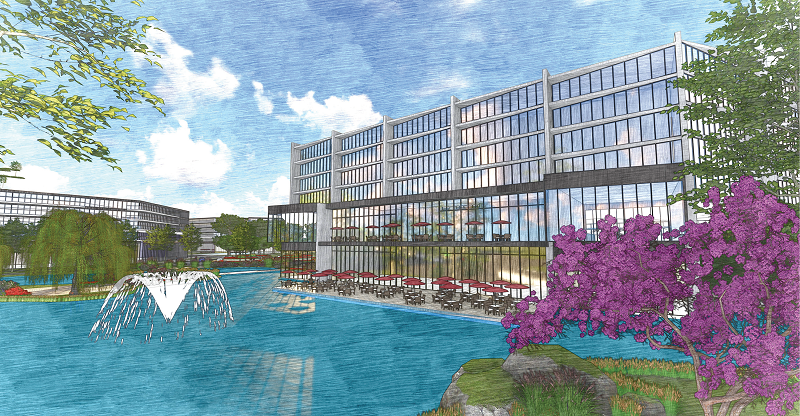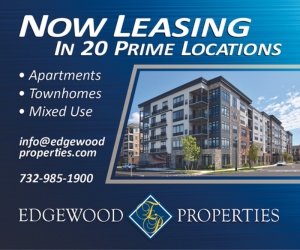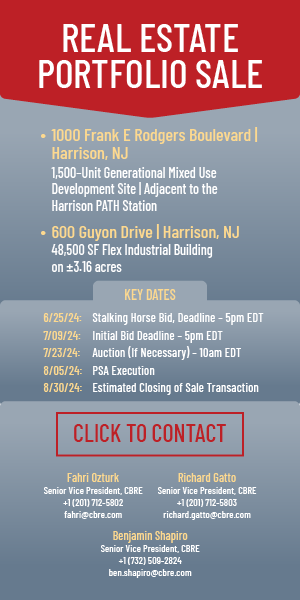River Development Equities’ proposal for a 44-acre redevelopment in East Brunswick includes a hotel with outdoor dining, as depicted in this conceptual rendering. — Courtesy: River Development Equities LLC
By Joshua Burd
East Brunswick Mayor Brad Cohen addressed the crowd gathered at the town’s municipal complex, many of whom were longtime residents who could recall Route 18’s heyday as a commercial corridor lined with bustling big-box stores and strip malls.
For parts of the highway, those days are long gone.
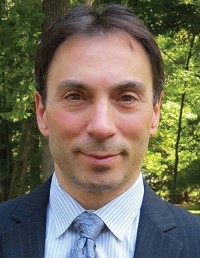
“Many of us here today actually remember back to the 1970s and the ’80s and the ’90s, when Loehmann’s Plaza and the Gap and the old Wiz plaza were really areas that were a rich and vibrant commercial-type of community,” Cohen said during a Feb. 4 news conference. “You couldn’t find parking spots in most of those areas because all of those stores were busy.
“That’s changed. That was over two decades ago and, unfortunately, most of our children don’t have those memories.”
As the first-term mayor noted, “the changing nature of retail” has exacted a toll on suburban shopping corridors such as Route 18. So he and other stakeholders could hardly be blamed for their optimism late last year, when the township signed a developer’s agreement to raze and repurpose 44 acres of blighted property at the northern end of the highway.
That optimism is now fueling a partnership between the municipality and River Development Equities LLC, the designated redeveloper for the site, an alliance that has emerged at the earliest stages of the project. Township officials joined members of the project team recently to offer their vision for the estimated $500 million project, which calls for a dynamic, mixed-use destination with residential, commercial and hotel components, along with a mass transit hub and a network of trails and park space.
“I feel like what you’re about to see unfold and the thought we’ve given to it is significant,” said Warren Waters, a principal and partner of River Development. “So it’s not about guys like me with gray hair running around wanting to redevelop because the opportunity is there, but really about listening to the next generation, understanding what they need and getting out of the way and letting it take place.
“It’s those that we’re listening to that really are going to make this unique.”
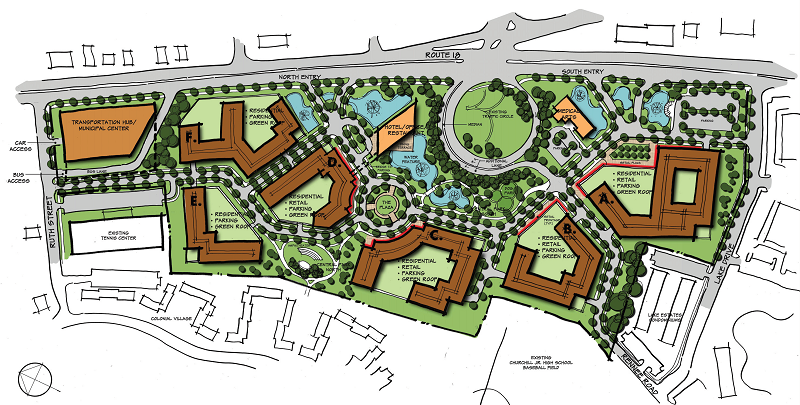
River Development, which is based in Red Bank, is now focused on acquiring the parcels within the redevelopment zone, which sits on the southbound side of Route 18 between Ruth Street and Lake Avenue, largely comprising underused or abandoned retail structures. Waters said the first phase of the project spans four main properties, adding that he expects to have two of them under contract by early spring as he continues negotiations with the other owners.
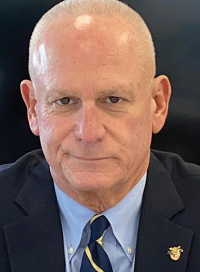
“Guys usually come to the table when you’re reasonable,” Waters said. “And that’s exactly what we intend to do. For phase one, it’s very important that we get it going and that we don’t mess around and we get it done.”
As of early February, plans for the initial phase included two mixed-use buildings with residential units and retail space, along with a nearby medical arts building, Waters said. Township officials, meantime, say they hope that demolition could begin by this summer.
That would give way to what the municipality envisions as at least three phases with roughly 800 residential units. While officials noted that the process was still in its earliest stages, they are now touting the promise of new residential offerings that will entice East Brunswick’s young professionals to stay in town, while appealing to move-down renters and empty-nesters.
And, according to a concept detailed by the project team, additional elements would include a modern hotel, restaurants, shops, pedestrian paths, water features and a central public plaza. All of which will provide a more urban, walkable setting for those who still prefer the suburbs.
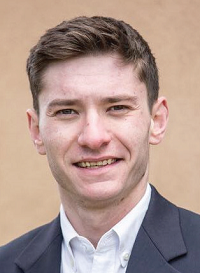
“This is the first concrete step forward,” said Mike Hughes, the executive director of the town’s redevelopment agency. “And it’s truly a leap forward in a partnership … that’s going to be able to shape East Brunswick, not through just the next few years, not just through the next few decades, but really through the next generation of folks who are going to be able to call East Brunswick home.”
The agreement between the township and River Development comes nearly two years after Cohen and Councilman James Wendell launched a redevelopment agency to help revive the blighted properties, which included using the tools allowable under the state guidelines for redevelopment. The move aimed to draw new interest to what is otherwise prime real estate: The site is about a mile from the New Jersey Turnpike, with daily traffic of 100,000 vehicles, and is part of a corridor that connects New Brunswick and Rutgers University to the Jersey Shore.
It was no surprise, then, to see a host of developers respond to the requests for proposals for the target area. Wendell called River Development’s plan “the most dynamic,” seemingly in a nod to both its architectural concept and the mix of uses that the firm proposed. Among other features, the project calls for a new bus terminal and commuter parking garage that would serve as the township’s first transit hub on the southbound side of Route 18.
It’s among several benefits that would come to existing East Brunswick residents under the proposal, Hughes said, along with the ability to draw new businesses by replacing outdated retail space. But he also cited the potential to lure new residents to the municipality, thanks in part to the living options that River Development has included.
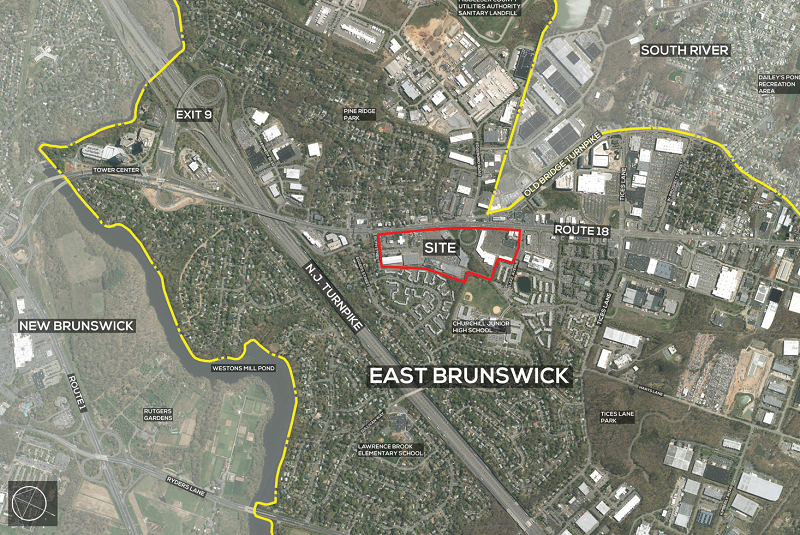
It’s a concept that dates back to the earliest stages of the town’s redevelopment effort — and one that other municipalities are embracing. Francis Reiner, a consultant who worked with East Brunswick’s redevelopment agency, said some communities that historically lacked downtown settings are realizing the need to create them in order to attract millennials and younger families, along with empty-nesters looking to downsize and remain in town.
Still, carving out a downtown where none currently exists is easier said than done.
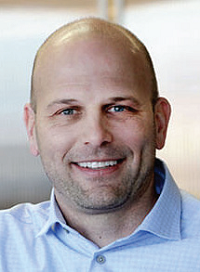
“It depends on where you are, it depends on the level of buy-in from the public and the amount of communication that’s put out to the public about what we’re trying to trying to accomplish,” said Reiner, a senior urban designer with DMR Architects in Hasbrouck Heights. “And I think that depends on if it’s a property that the municipality has created a vision for.
“In East Brunswick, it’s been a municipally run vision, so it’s not about a developer coming in and saying ‘I want to build something.’ It’s about the municipality saying, ‘How do we bring this to our residents, what are the benefits we can gain from this type of development, but also what are the community needs that can be fulfilled?’ ”
Stephen Carlidge of Shore Point Architecture, who is also part of the design team, said the concept aims to be adaptable. For instance, the team is considering varying housing types, from flats to multistory live-work units that can allow a resident to operate a business on the ground and live upstairs.

“One of the beauties of this site is that we have all kinds of flexibility in what we’re going to be able to do,” said Carlidge, the president and founder of the Ocean Grove-based firm. “And we think that’s a real positive.”
Waters’ project team includes a host of other well-known professionals from firms such as Melillo + Bauer Associates, Langan and Giordano Halleran & Ciesla PC. He said his goal was a proposal that “is impactful” but unlike other projects in New Jersey. To that end, his team is drawing inspiration from modern architecture in places such as California, Seattle and Austin, Texas.
“I don’t think I need to say a whole lot, but if you drive virtually anywhere, a lot of the product in our state is pretty typical, borne out of economic necessity, borne out of not really thinking too far into the future,” Waters said. “We would rather not do this project than not be able to do it the way we’ve envisioned it, which is to think about developing something that people want to live in tomorrow — not today, certainly not yesterday.
“It doesn’t mean it doesn’t have all of the creature comforts, it doesn’t mean it doesn’t have all of the places you want to work and live and be able to entertain yourself,” he added. “But it means that we’re going to break the mold. We’re going to do things that they’re doing in other parts of the country very successfully and it should capture anyone that drives by, let alone anyone who lives here or who works here.”
For all the optimism among Waters’ team, public officials and many residents, the developer noted that “now the hard work really starts” — with hard design, entitlements and “really being able to figure out how we create an environment where people want to come here and stay here.” Other stakeholders acknowledged that the redevelopment process is only just getting started.
“(We’re) climbing the mountain,” Cohen said during the Feb. 4 presentation. “We’re at a little pedestal right now where we can look at the landscape and see what we’ve accomplished, but as soon as today’s over, we’re back up to climbing the mountain, because there’s a lot of work to be done. But this is a little bit of a chance for us to share with the community what we’ve accomplished and to bask in a little bit of the accomplishments that we’ve achieved so far.”

